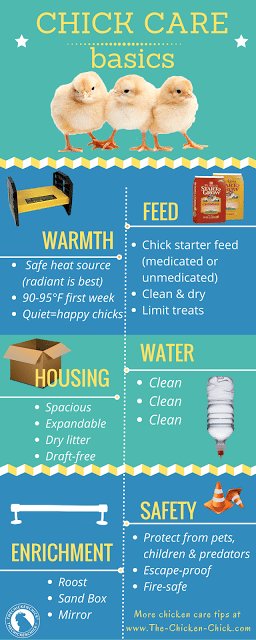
Baby Chicken Care: A Comprehensive Guide to Raising Healthy and Happy Chicks
Introduction
Baby chickens, also known as chicks, are adorable and fragile creatures that require specialized care to thrive. Whether you’re a seasoned poultry farmer or a first-time chicken enthusiast, understanding the intricacies of baby chicken care is crucial for their well-being and survival. This comprehensive guide will provide you with all the essential information you need to raise healthy and happy chicks.
Housing
- Brooder: Chicks require a warm and draft-free environment during their first few weeks of life. A brooder is a specialized enclosure that provides the necessary warmth and protection.
- Bedding: The brooder should be lined with a soft and absorbent bedding material, such as wood shavings, straw, or paper towels.
- Temperature: Chicks need a consistent temperature of 95-100°F (35-38°C) during the first week. Gradually reduce the temperature by 5°F (3°C) each week until they reach room temperature.
- Ventilation: The brooder should have adequate ventilation to prevent ammonia buildup and respiratory problems.
Feeding
- Starter Feed: Chicks require a high-protein starter feed specifically formulated for their nutritional needs.
- Feeding Schedule: Feed chicks free-choice for the first few weeks. Gradually transition to a feeding schedule of 2-3 times per day as they grow.
- Water: Provide fresh, clean water at all times. Use a shallow waterer to prevent chicks from drowning.
Health Care
- Vaccinations: Consult with a veterinarian to determine the necessary vaccinations for your chicks based on your location and potential disease risks.
- Coccidiosis Prevention: Coccidiosis is a common parasitic infection in chicks. Provide them with a coccidiostat in their feed or water to prevent outbreaks.
- Worming: Worms can also affect chicks. Regular deworming is recommended to maintain their health.
- Sick Chicks: Isolate any sick chicks and seek veterinary attention promptly.
Handling
- Gentle Handling: Chicks are delicate creatures. Handle them gently and support their bodies with both hands.
- Avoid Overcrowding: Overcrowding can lead to stress and health problems. Ensure there is enough space in the brooder for all chicks to move around comfortably.
- Cleanliness: Keep the brooder and equipment clean to prevent disease transmission.
Growth and Development
- Feathering: Chicks will start to feather out within a few weeks. Provide them with a dust bath to help them maintain their feathers.
- Socialization: Chicks are social animals. Allow them to interact with each other and with humans to promote healthy development.
- Transition to Outdoors: Once chicks are fully feathered and vaccinated, they can be gradually introduced to the outdoors.
Common Problems
- Pasty Butt: This condition occurs when chicks’ droppings stick to their vent area. Clean the area gently with warm water and apply petroleum jelly.
- Leg Weakness: Leg weakness can be caused by nutritional deficiencies or genetic factors. Provide chicks with a balanced diet and consult with a veterinarian if the problem persists.
- Feather Picking: Feather picking can be a sign of stress or boredom. Provide chicks with plenty of enrichment activities, such as toys and foraging opportunities.
Conclusion
Raising baby chickens can be a rewarding experience, but it requires careful attention to their unique needs. By following the guidelines outlined in this comprehensive guide, you can provide your chicks with the best possible care and ensure their health, happiness, and well-being. Remember to consult with a veterinarian for specific advice and guidance tailored to your flock.
